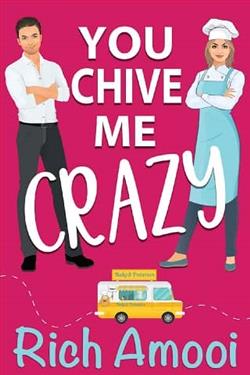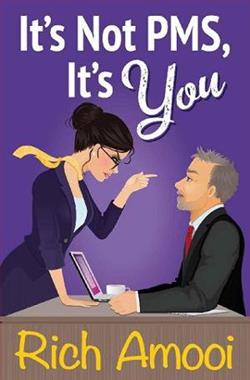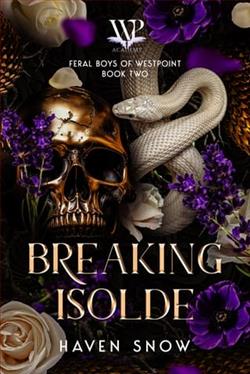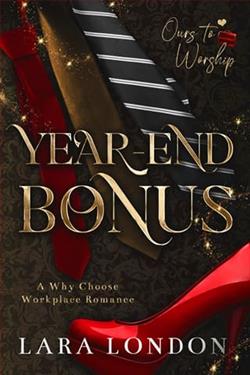Page 93 of Brewing Up My Fresh Start
“I should get back to work,” I say, tying my apron with hands steadier than they deserve to be. “Orders don’t fill themselves.”
“Michelle.” Mrs. Hensley’s voice carries unusual gentleness. “That young man has been coming here every morning for years. People don’t build that kind of routine around places that don’t matter to them.”
“Maybe. Or maybe I was just conveniently located between his hotel and wherever else he needed to be.”
“You don’t believe that.”
I don’t. But believing anything else requires admitting that Grayson Reed might actually care about me, which makes thismorning’s dismissal even more devastating. Because choosing professional safety over a person you care about isn’t protection—it’s cowardice.
And I’ve had enough of both for several lifetimes.
The rest of the afternoon passes in a blur of routine customer service and concerned glances from regulars who clearly know something happened but are too polite to ask directly. I make coffee, process payments, smile when appropriate, and avoid thinking about the voicemail I deleted or the way Grayson’s voice sounded when he called me a professional liability.
By closing time, exhaustion has settled into my bones like a familiar ache. The kind that comes from maintaining emotional control while everything inside you screams that you’ve been hurt again by a person you trusted not to hurt you.
“You should come to book club tomorrow night,” Jessica says as we flip chairs onto tables and begin the evening cleanup routine. “We’re discussing second chances and whether some risks are worth taking.”
“How perfectly on theme.”
“Or you could skip the literary discussion and just let us get you drunk while we plot Penelope Water’s social destruction.”
The suggestion almost makes me smile. Because if anyone could orchestrate social warfare with surgical precision, it would be the women of Bookaholics Anonymous. They’ve been practicing character assassination through literary criticism for years.
“Tempting. But I think I need to process this disaster privately before I subject you all to my emotional wreckage.”
“Your emotional wreckage is always welcome. That’s what friends are for.”
The simple statement hits harder than it should. Because Jessica’s right—friendship means showing up for the disasters asmuch as the celebrations. Means letting people see you broken and trusting them to help with the rebuilding.
I’ve been too independent for too long. Protected my heart so carefully that I forgot how to let people help when protection fails.
“Tomorrow night,” I promise. “But I’m bringing wine. Lots of wine.”
“Deal.”
After Jessica leaves, I stand in my empty coffee shop surrounded by the community space I’ve built from nothing, twice now. The bulletin board covered with local announcements. The reading corner where Caroline does homework and Mrs. Hensley holds court. The espresso machine that’s been my anchor through every challenge.
Tomorrow I’ll start figuring out how to compete with chain stores and licensing programs designed to eliminate local businesses. How to rebuild professional relationships without personal complications. How to protect what I’ve created without isolating myself from everyone who might help.
Tonight, I’m going to go upstairs, pour myself a generous glass of wine, and allow myself exactly one night of self-pity before I start figuring out how to survive Penelope’s latest attack and my own spectacular failure to learn from past mistakes.
The voicemail notification still glows on my phone screen.
I delete it again without listening, because some conversations end when they end, and trying to extract additional meaning from emotional devastation just prolongs the recovery process.
Grayson Reed made his choice this morning.
Now I have to live with mine.
TWENTY
Idid the right thing.
I keep telling myself that as I sit in my truck outside Twin Waves Brewing Co., watching the morning rush through windows I can’t walk through today. Michelle moves behind the counter, serving coffee to customers who don’t know that yesterday I broke both our hearts to save her business.
My phone sits silent. No angry calls, no texts demanding explanations. Just silence that grows heavier every hour.
Clean breaks heal faster than messy explanations, right? At least that’s what I tell myself while watching her laugh at Caroline through the window. My chest aches. I’ve made a terrible mistake. Not in protecting her from David—that was necessary. But in how I did it. In making her think she didn’t matter when she’s the only thing that’s mattered for months.















